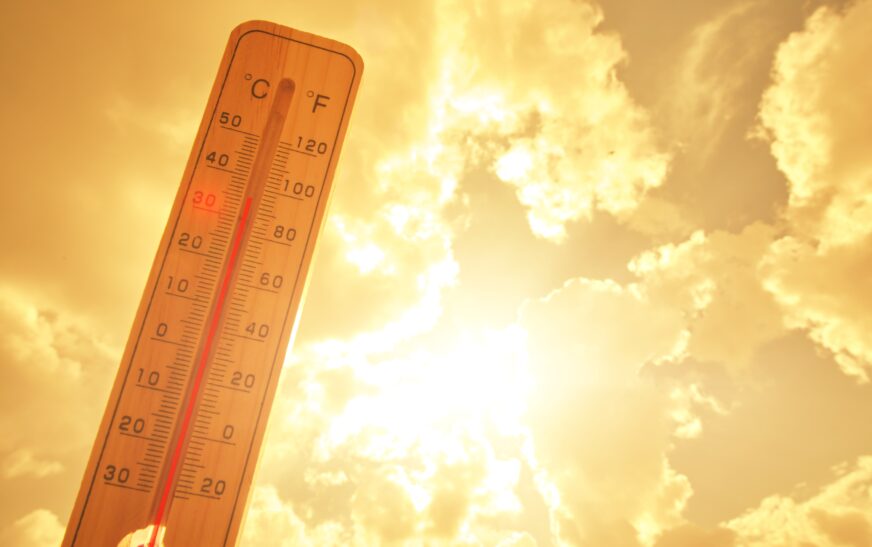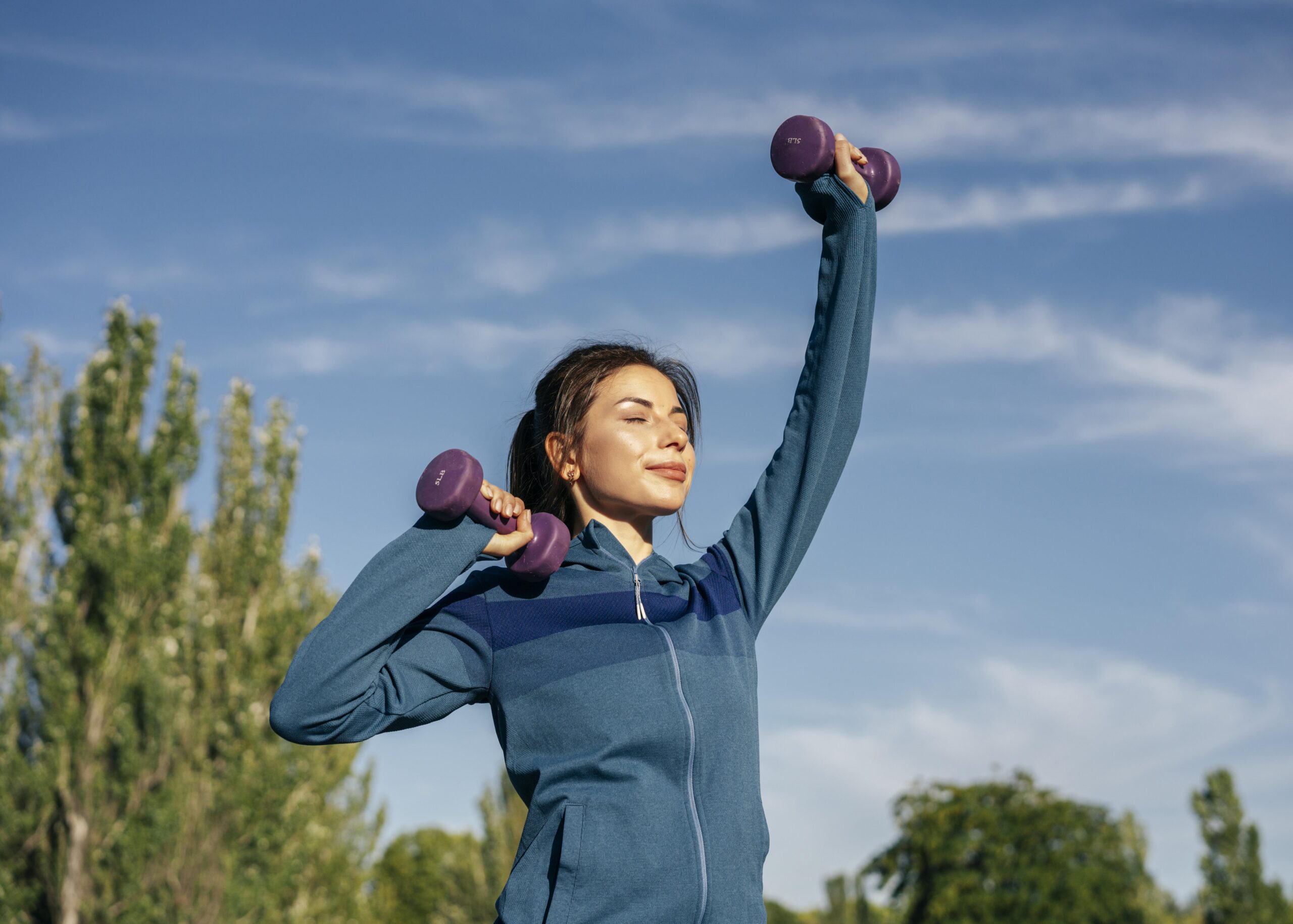🌞 Understanding Heat Wave Health Risks
Heat waves pose significant health risks, especially in regions like the UAE, where temperatures can soar during summer months. Prolonged exposure to high temperatures can lead to heat-related illnesses such as heat exhaustion, heat wave and heat stroke. It’s crucial to recognize the symptoms early and take preventive measures to safeguard your health.
Importance of Hydration During a Heat Wave
Staying hydrated is vital during a heat wave. Dehydration can occur quickly in hot conditions, leading to dizziness, fatigue, and confusion. To prevent dehydration:
-
Drink plenty of water throughout the day, even if you don’t feel thirsty.
-
Avoid beverages that can dehydrate you, such as alcohol and caffeinated drinks.
-
Consume water-rich foods like fruits and vegetables to help maintain hydration levels.
Regular hydration supports your body’s ability to regulate temperature and reduces the risk of heat-related illnesses.
Cooling Strategies to Combat Heat Wave
Implementing effective cooling strategies can help maintain your body temperature within a safe range:
-
Stay indoors during peak heat hours, typically between 10 a.m. and 4 p.m.
-
Use air conditioning or fans to cool your living space.
-
Wear lightweight, loose-fitting clothing made of breathable fabrics like cotton.
-
Take cool showers or baths to lower your body temperature.
-
Apply cold compresses to areas like the neck and wrists to cool down quickly.
These measures can help prevent overheating and reduce the risk of heat-related illnesses.
Recognizing Heat-Related Illnesses
It’s essential to recognize the signs of heat-related illnesses early:
-
Heat Exhaustion: Symptoms include heavy sweating, weakness, dizziness, nausea, and headache.
-
Heat Stroke: A severe condition characterized by high body temperature (above 40°C), confusion, loss of consciousness, and hot, dry skin.
If you or someone else exhibits these symptoms, it’s crucial to seek medical attention immediately.
Special Considerations for Vulnerable Populations
Certain groups are more susceptible to heat-related illnesses:
-
Infants and Children: Ensure they are dressed appropriately and hydrated.
-
Elderly Individuals: Check on them regularly to ensure they are staying cool and hydrated.
-
Individuals with Chronic Health Conditions: Monitor their health closely and consult healthcare providers for personalized advice for heat wave.
Providing extra care to these vulnerable populations can help prevent heat-related health issues.
Creating a Heat-Safe Environment at Home
Making your living space heat-safe is crucial during a heat wave:
-
Close curtains or blinds during the day to block out the sun.
-
Use fans or air conditioning to cool indoor spaces.
-
Avoid using heat-producing appliances like stoves and ovens during peak heat hours.
-
Ensure proper ventilation to allow heat to escape from your home.
These steps can help maintain a cooler indoor environment and reduce the risk of heat-related illnesses.
Staying Informed and Prepared
Staying informed about heat wave conditions can help you take timely action:
-
Monitor local weather forecasts for heat advisories.
-
Follow guidance from health authorities regarding heat safety.
-
Plan outdoor activities during cooler parts of the day. Healthshots
-
Keep emergency contacts handy in case of heat-related health issues.
Being prepared and informed can help you respond effectively during a heat wave.













